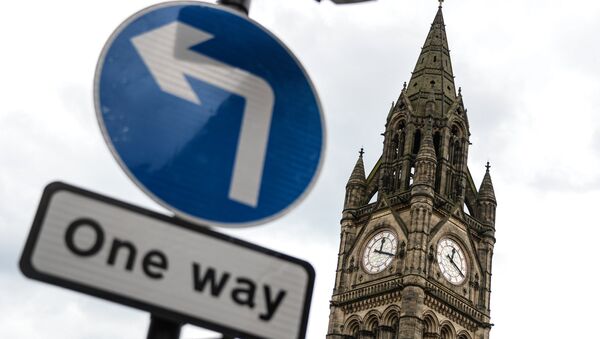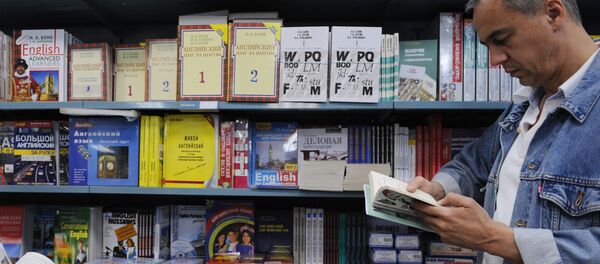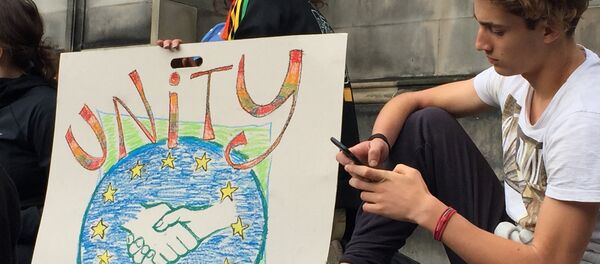The remarks come as the United Kingdom announced that nearly 52 percent of British voters had chosen in a referendum to leave the European Union, in a move known as Brexit.
"The first positive effects [for Russia] will be seen in the next six months. Positive aspects will include a rapprochement with Germany after the 2017 elections there and more rapid removal of anti-Russian sanctions," Vernikov said.
He added that he will not be surprised if "the EU lift the sanctions by the end of next year as a result of a change of elites."
Russian central bank doesn't think there will be any great impact on Russia from a BREXIT.
— Alasdair Thompson (@ajthompson13) 16 июня 2016 г.
Analyst Andrey Kochetkov said in turn that the short-term impact will see investors getting rid of assets of developing countries, a situation that he said is almost sure to change.
"As such, Brexit creates a series of uncertain scenarios for the future of Europe, something that will finally contribute to capital outflow to other regions. These will include emerging economies, including that of Russia," he said.
Some experts claimed that in light of the British referendum's results, Ukraine may change its stance by seeking to join Russia rather than the EU.
"This means that the trade relations between the two countries may be restored," according to the experts.
The Russian Central Bank was, however, quick to make assurances that there are no direct risks to the Russian economy and that the reaction by global markets to Brexit was expected.
On Thursday, the United Kingdom held a referendum to determine whether or not the country should leave the European Union. According to the final results, 51.9 percent of voters, or 17.4 million people, decided to support Brexit, while about 16.1 million opposed it.
The meeting between German, French, Italian, Belgian, Dutch and Luxembourgian foreign ministers to discuss the results of the UK referendum on EU membership takes place in the Berlin's Borsig Palace on Saturday.




